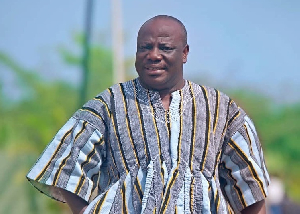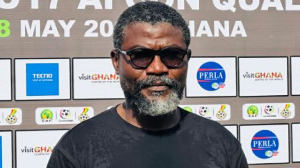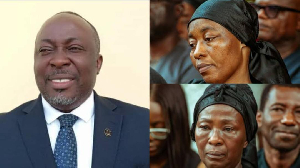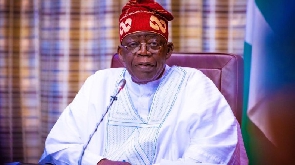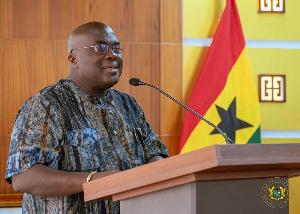Alhaji Alhasan Abdulai
In view of the peculiar circumstances of the blind, members of the public especially motorists are being advised to pay attention to them at all times. The motorists must endeavor to stop when they see someone with a white cane crossing the road. A visually impaired social worker who made this statement expressed regret that many motorists ignore blind people even when they are in possession with white canes while attempting to cross roads. What is more disheartening is that most parts of our pavement in the cities and urban centers are not easily assessable to the blind due to activities of market men and women and trenches dug by construction workers. These came out at a press conference organized by the Ghana Blind Union to mark the world white cane day. Although the white cane is the symbol of identity and a tool for mobility of the blind it is becoming expensive on the market because it is imported to the country. The canes are getting very expensive to the extent that most blind men could not afford to buy them. As a result most of the over two million blind people in Ghana depend on donors for the canes.
To this end, The Ghana Blind Union (GBU) has launched an appeal to the general public, especially corporate Ghana, to support it to secure white canes for its members to facilitate their movement.
According to the Chairman of the Advocacy Committee of the union, Mr Daniel Oppong Lartey who spoke on behalf of the president of the union, the white cane helps members to perform basic tasks without the assistance of other persons, thus ensuring their independence.
Mr Oppong Lartey who congratulated the blind on the occasion of World Blind Day said the white cane had proved to be a reliable guide and was the first step towards practical social inclusion.
“The phenomenon of social inclusion depicts a high level of independence on the part of the person with visual impairment. It is only when the dependency syndrome is broken or greatly reduced that blind and partially sighted individuals will display confidence as full members of their communities,” he said.
Mr. Lartey further stated that blind and partially sighted persons must be supported to access facilities and services to enable them to contribute their quota to the development of the nation.
The Executive Officer of the GBU, Dr Peter Obeng-Asamoah who also spoke at the function, said white canes were not produced in the country, hence making it impossible for many blind persons to own one.
He said the Union bought the white canes for $16 each and sold to its members at GH¢30 cedis per a cane, adding that though the GBU had tried to subsidize the price, the depreciation of the cedi was making it impossible for it to maintain the current price.
According to him, the celebration would be held across all regions to educate Ghanaians on the importance of the white cane.
Dr Obeng-Asamoah also said October was also used to mobilize support to acquire more white canes.
He added that the white canes that the GBU acquired were donated to blind persons who could not afford it.
The members of GBU also called on non-governmental organizations and other stakeholders to help revamp the White Cane Project as the white cane could be produced in Ghana at a cheaper price, while creating employment at the same time.
They also said though they began to produce the white cane in the country, it could not be sustained due to lack of funding.
Executive Director
EANFOWORLD FOR SUSTAINABLE DEVELOPMENT
P.O.BOX 17070AN 233244370345/23327483710/ 233208844791
abdulai.alhasan@gmail.com /eanfoworld@yahoo.com
Opinions of Tuesday, 3 November 2015
Columnist: Abdulai, Alhaji Alhasan


